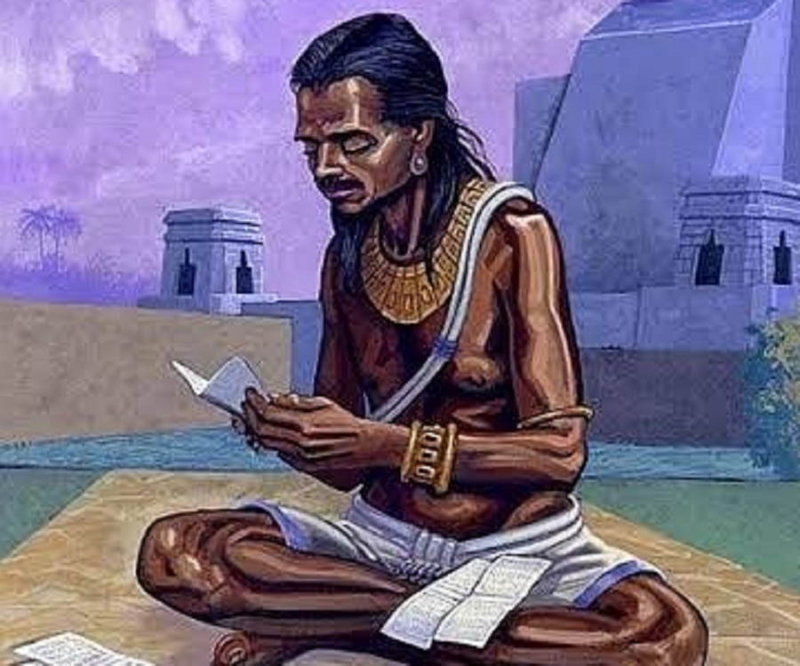Brahmagupta
In the minds of many, Ancient Greece and Rome are the main characters in the history of early mathematics. The early techniques for arithmetic and geometry that we all use today were developed by Indian mathematicians, nevertheless. One such example is the 10-digit place-value system of numbers, which was initially created by the Indians and later improved by the Arabs during the Golden Age of Islam.
A scientist, mathematician, astronomer, and philosopher by the name of Brahmagupta invented the number "0," which is arguably the most significant contribution made by an Indian to mathematics. Prior to him, numerous individuals from other civilizations had unsuccessfully attempted to fill in the missing zero in their own ways. For the first time, Brahmagupta's work specified the qualities of what is now known as the number zero, resolving several complications that had plagued calculations up to that point.
This would have a significant influence on scientists and mathematicians in the Arabic and Byzantine, and later Renaissance, who would expand on Brahmagupta's work and shape mathematics as we know it today.
Born: c. 598 CEBhillamala, Gurjaradesa, Chavda kingdom(modern day Bhinmal, Rajasthan, India)
Died: c. 668 CE (aged c. 69–70)Ujjain, Chalukya Empire(modern day Madhya Pradesh, India)
Known for: Rules for computing with Zero, Modern number system, Brahmagupta's theorem, Brahmagupta's identity, Brahmagupta's problem, Brahmagupta–Fibonacci identity, Brahmagupta's interpolation formula, Brahmagupta's formula











